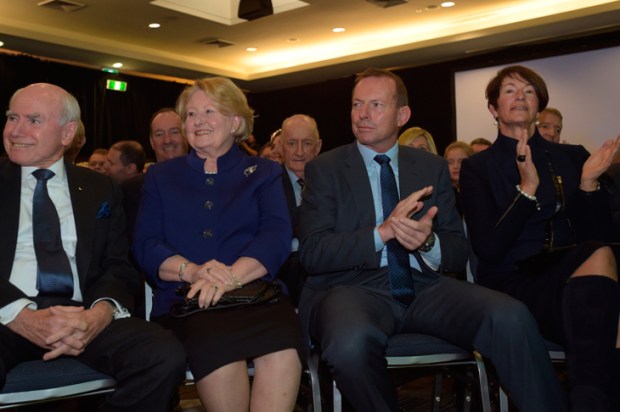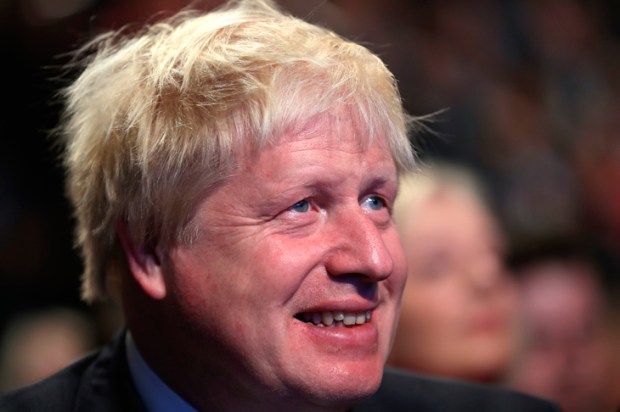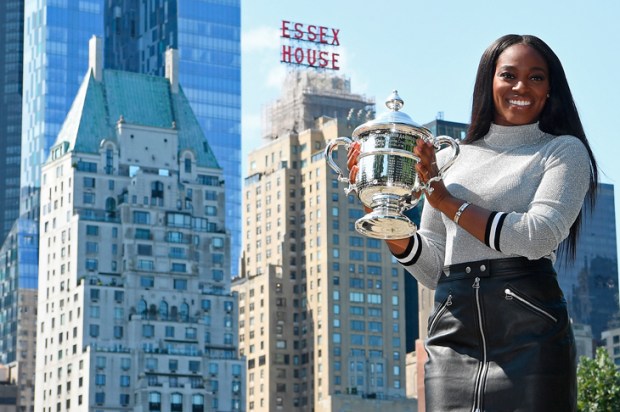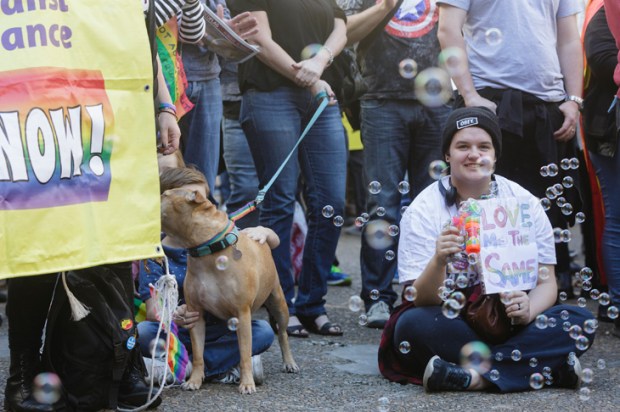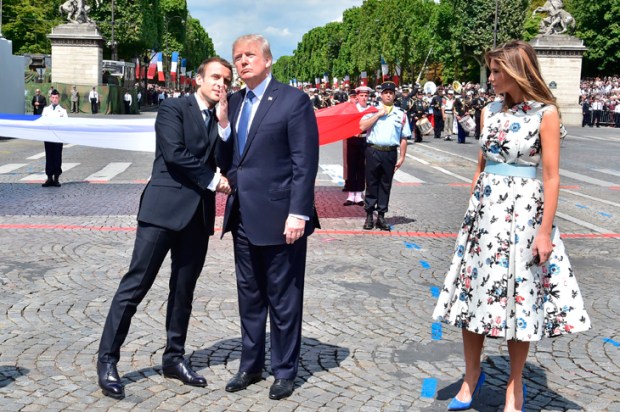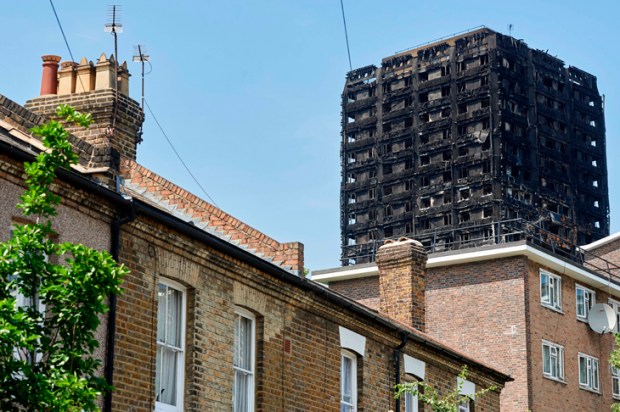Raise the age for compulsory voting
I grind my teeth whenever I see bearded twenty-something men in their hipster gear on skateboards. Acting like a teenager is not an attractive feature of Gen Y. I am not sure what the female equivalent of hipsters is, except a terrible dress sense. According to a ‘how-to guide’, hipsters are men and women in their 20s and 30s ‘who value counter-culture, independent thinking, progressive politics, and independent art.’
I can assure the writer of the guide that progressive politics is anything but independent. Indeed, it appears to be easy to copy. Advice from the same guide suggests that if you want to be a hipster girl, you will need to dress the part in hipster style clothing and accessories. And the sting in the tail: ‘You will then need to adopt the attitude and beliefs of hipsters, and have a good understanding of hipster culture.’ Deep.
A Green Prime Minister
Hipster in chief, Greens leader Richard di Natale, speaking on ABC Q&A late last month, said that if there were a vote amongst people who are under 30 in Australia, there would possibly be a Greens Prime Minister.
He was talking through his hat, because the Green vote does not outweigh the Labor vote across the age range 18-30, and so it would be unlikely, even among that cohort. Nevertheless, some recent polling has the Greens vote at 32 per cent among 18-24 year olds. Fortunately, supports drops to seven per cent for 55 and overs.
It is clear that young ones (hipster or no) vote for Greens in large numbers. I would suggest, however, that the Green vote has lifted, not only because voters in wealthy liberal democracies have pursued higher ideals, but also because a larger proportion of young voters have no skin in the game.
As a consequence, I propose that while eligibility to vote should remain at 18, it should not be compulsory to vote until age 25. I would not make voting compulsory for those who spend a prolonged period in education and outside of the workforce and taxation system. Removing compulsion would force them to make a decision to vote, rather than have their parents in loco (government) sign them up.
KIPPERS
Kids In Parents Pockets Eroding Retirement Savings are passengers in life. Why compel them to vote when they have not made any life decisions?
Young Australians increasingly remain in educational institutions until well into their 20s. Increasingly, they do not have children until well into their 20s. Increasingly, they pay little or no income tax until well into their 20s. Increasingly, they do not purchase or rent accommodation until well into their 20s. Each of these is a marker. A marker that one has skin in the game, a reason to think about politics in a grounded way, pulled back from the flights of fantasy that fill the heads of callow youth.
People are delaying marrying. The median age at marriage in 2015 was 32 years for males and 30 years for females. In 1980 it was, respectively, 24 years and 22 years. Economic necessity drove the age of marriage in the Great Depression; it is not the case now. Young ones stay in education and delay entering the workforce longer than previously. In 2015, 32 per cent were in full-time post-school education. In 1980, it was 20 per cent. And they are staying at home longer. Almost 30 per cent of young adults live with their parents, up from 21 per cent in 1976.
The proportion of young men who were employed has decreased between 1976 (88 per cent) and 2011 (79 per cent). In both years, the employment rate has remained steady across the age groups, with the largest differences being seen at the younger ages where educational participation was at its highest.
The decline in the employment rate for men over the years is linked to the opportunity to engage in further studies, fewer jobs in goods-producing industries, and the changing role of men in families.
The proportion of young women employed has increased between 1976 (54 per cent) and 2011 (69 per cent). The increase in flexibility to work and care for a child at the same time, the opportunity for social interaction, an increase in part-time employment, and the trend that has seen women having fewer children, and at older ages have created the change.
Nevertheless, young men and women share the delayed attachment to society that is a consequence of employment, taxation, child rearing and independent living.
Shorten: wrong end of the stick
Bill Shorten wants the voting age lowered to 16. He has argued that more than 17,000 16- and 17-year-olds paid $41 million in taxes in 2012-13 and therefore deserve a say in Australia’s democracy. Whether that makes them sufficiently mature to vote is moot.
He argues, ‘If Australia trusts our 16- and 17-year-old citizens to pay tax and work, to join the military, to drive on our roads, to fly a plane, to make independent decisions about their medical care, then we, the parliament of Australia, should extend that trust to include a direct, empowered say in our democracy.’
Shorten also argues that politics has a participation problem, because ‘400,000 Australians turned 18 between 2010 and 2013 and did not enroll to vote.’ Perhaps they are sending a clear message that they have better things to do. I am not at all keen on extending voting to children, but it does enhance the argument that those with skin in the game should vote and those with little should not be forced to vote.
The post Consider this … appeared first on The Spectator.
Got something to add? Join the discussion and comment below.
You might disagree with half of it, but you’ll enjoy reading all of it. Try your first month for free, then just $2 a week for the remainder of your first year.

